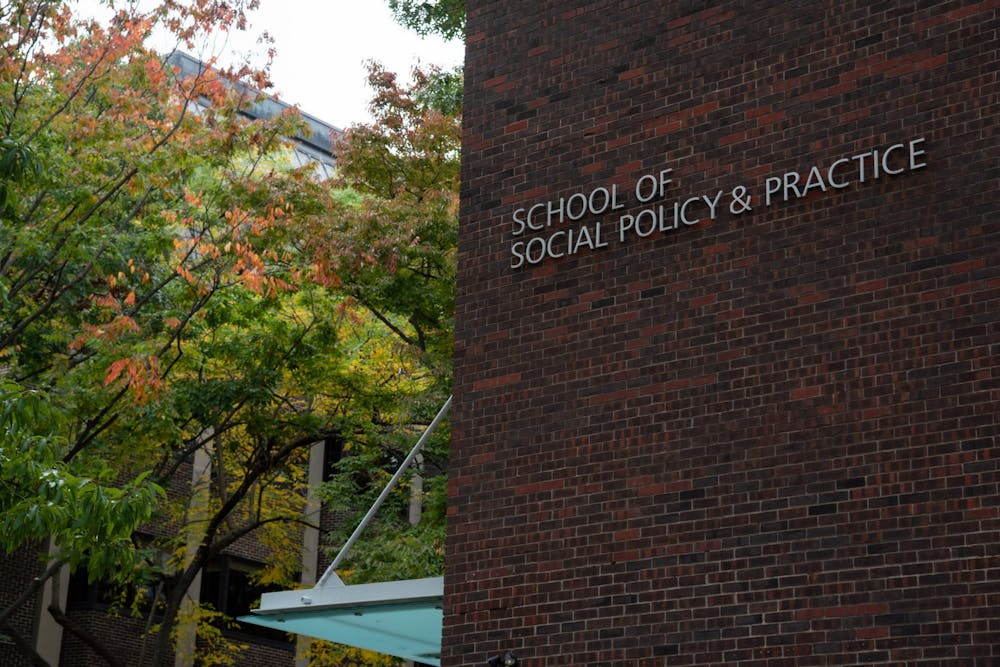Penn’s School of Social Policy and Practice launched the Center for Guaranteed Income Research to find data-based support for guaranteed income policies by studying the impacts of direct cash payment programs in cities across the country.
Guaranteed income is a monthly cash payment given directly to individuals without a work requirement. The Center was launched in collaboration with Mayors for Guaranteed Income, a national coalition of mayors who advocate for direct cash payments to Americans to decrease economic insecurity. Researchers will study pilot programs in MGI member cities, including St. Paul, Minnesota and Richmond, Virginia, to garner support and address knowledge gaps in Americans’ understanding of guaranteed income.
After two years of collecting data on the guaranteed income pilots, the Center will use their findings to support evidence-based policy proposals that focus on direct cash payments to American households. Once the guaranteed income pilots conclude, the Center will remain a long-term advocate for guaranteed income.
Amy Castro Baker, an assistant professor in SP2, and Stacia Martin-West, an assistant professor in the College of Social Work at the University of Tennessee, are co-leading the Center. In the next few months, the pair plans to hire Ph.D. and postdoctoral fellows in order to grow their capacity to conduct widespread research.
“The Center launch was inspired by an urgent need to match the gap between public momentum for cash transfers and some unanswered questions about how guaranteed income functions in our current economy,” Castro Baker wrote in a statement to The Daily Pennsylvanian.
Castro Baker and Martin-West will primarily study the effects of guaranteed income on the financial stability of Americans, in addition to examining its impact on physical and mental health, food insecurity, parenting and family dynamics, and educational outcomes.
“We recognize that providing cash has other implications that need to be studied,” MGI Director of Advocacy Madeleine Neighly said. “People went back and looked at that data and found that there were fewer emergency hospitalizations.”
Martin-West and Castro Baker first studied the impact of direct cash payments when they analyzed the impacts of Stockton Economic Empowerment Demonstration, the country’s first city-led guaranteed income pilot in Stockton, Calif. Castro Baker and Martin-West are looking to expand on this initiative and study a wide range of guaranteed income pilots across the country. Several cities, are partnering with MGI to establish guaranteed income pilot programs.
Former 2020 Democratic presidential candidate Andrew Yang brought national attention to guaranteed income during his campaign in which he championed a “freedom dividend,” or payments of $1,000 each month to all U.S. citizens over 18.
Since Yang dropped out of the race in February, the COVID-19 pandemic has emphasized the financial vulnerability of many American households and the need for economic support through guaranteed income programs, Martin-West said.
“It is very clear to me that there are problems in our economy now that are truly threatening the lives of individuals,” Martin West. “[The pandemic] made clear how incredibly fragile American households are,” she said.









